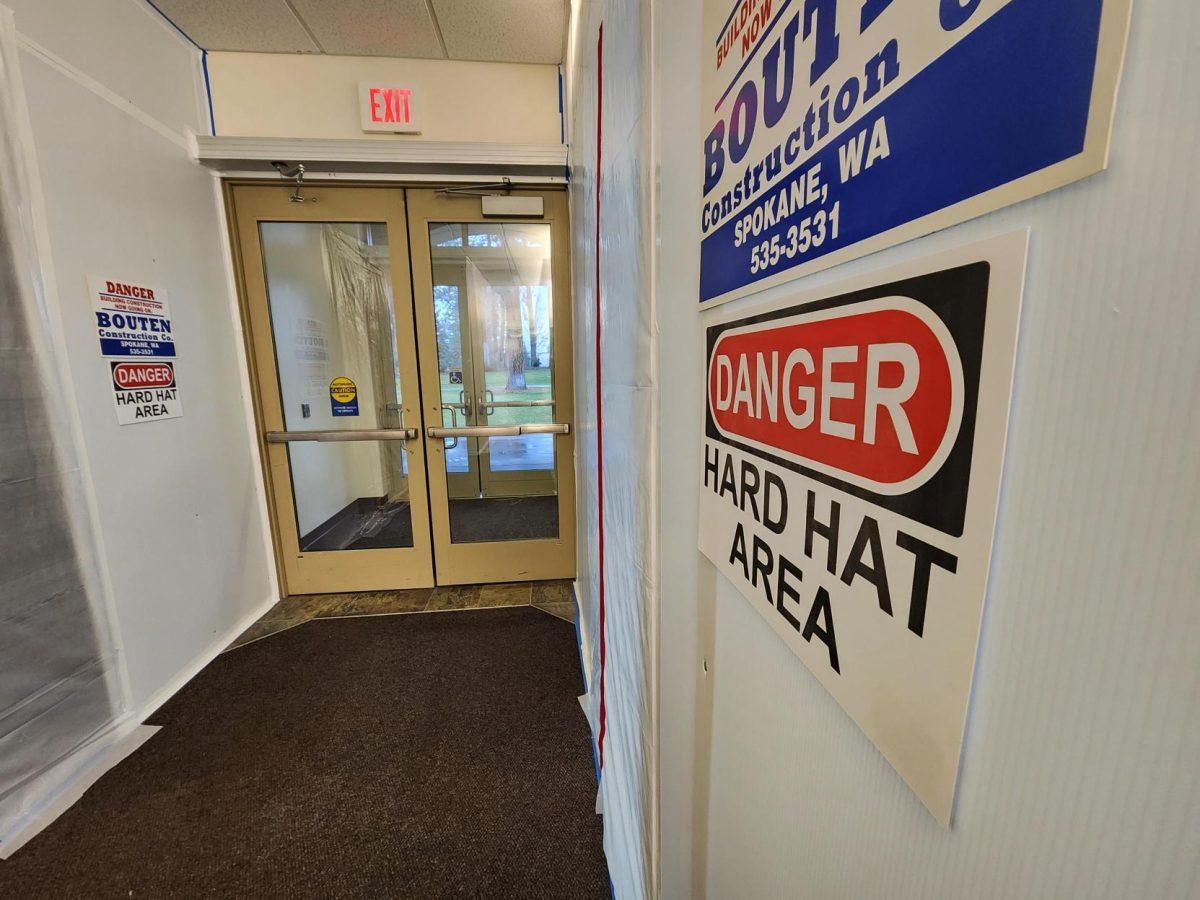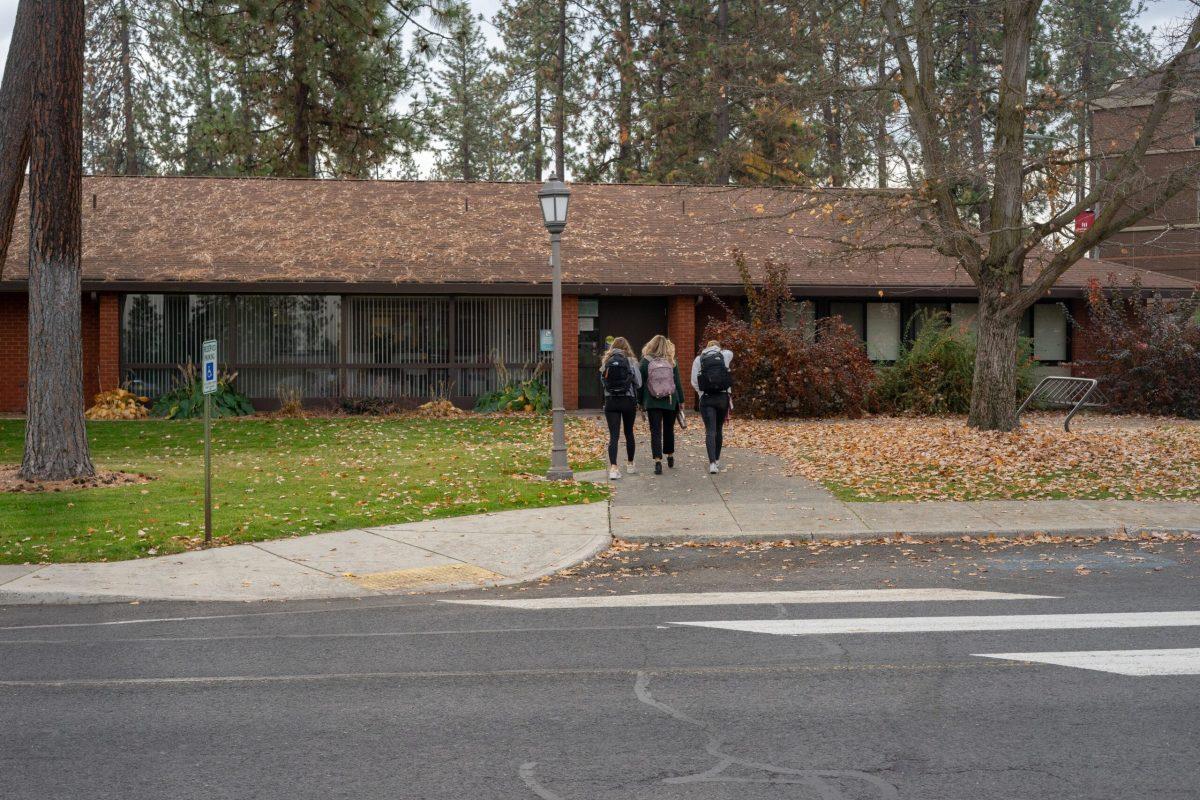The Clean Building Act was signed into law on May 7, 2019. According to the Washington State Department of Commerce, it will take effect in 2026.
The Department of Commerce states, “The life span of a building can be 50-100 years, meaning our existing buildings will be around for decades to come. To meaningfully reduce building emissions, we need stronger energy use standards. The 2019 Clean Buildings Act created energy performance standards for commercial buildings larger than 50,000 square feet. Mandatory compliance begins in 2026.”
There will be several buildings on Whitworth’s campus that will be affected by this law. Christopher Eichorst, assistant vice president of facilities services and campus security, says the three buildings which will need to become more energy efficient are the library, the HUB and Robinson Science building. Those are the three Whitworth buildings which are over 50,000 square feet.
Eichorst says that Whitworth is currently collecting data on the Energy Use Intensity (EUI) of each building to see what changes need to be made. Because Whitworth is currently collecting data, they are unsure if Whitworth is in compliance with the law. Eichorst says, “That it will take a year because they need to have full data to provide to the government, so they know we are complying.” There are financial penalties to not becoming compliant with the law.
Robison needs 169 EUI to pass, but currently it is at 214 EUI. Eichorst says, “It’s [a] LEED Gold [certified] building, which means it was supposed to be built very efficiently as energy efficient.” He says Whitworth has a mechanical engineer to figure out if Robinson is not functioning properly. “[Robinson] is the most complicated building.” Eichorst says. “It was our newest building for a little while, and it’s always been our most costly building for energy.”
However, the library may be better off. Eichorst says, “The library should be in compliance. We just are missing some data because it is heated by our central steam plant. And we don’t have that data for that specific building on how much gas it uses.”
Once Whitworth finds out how much power this system costs, Washington State’s government can either pass the library or fail it.
Eichorst says, “We’ve gone through extensive lighting retrofits. And all the offices received the big, the old fluorescent, those are all changed to LEDs.” This was done to help lower energy costs. Fixing the lighting will help lessen the EUI in the future, becoming compliant with the new bill, according to Eichorst.
Eichorst says, “We may have to do what’s called an audit. [This] is where you bring in engineers or a team and they look at your building and they recommend some capital investments that could change things.” For Robinson if the energy levels don’t decrease, they will have no choice but to do an audit or gain a penalty.
Currently Whitworth is not up to date with the new law, but Whitworth is working to ensure these buildings become compliant.












mark linden • Oct 15, 2023 at 7:00 am
Freaking Ridiculous!!
More Govt Regs that unnecessarily cost WU money.
There is no proof, no evidence, that Global Warming is an issue worthy of Govt Interference.
All my giving will continue to go to Hillsdale…..money well spent.
-Mark Linden ’91